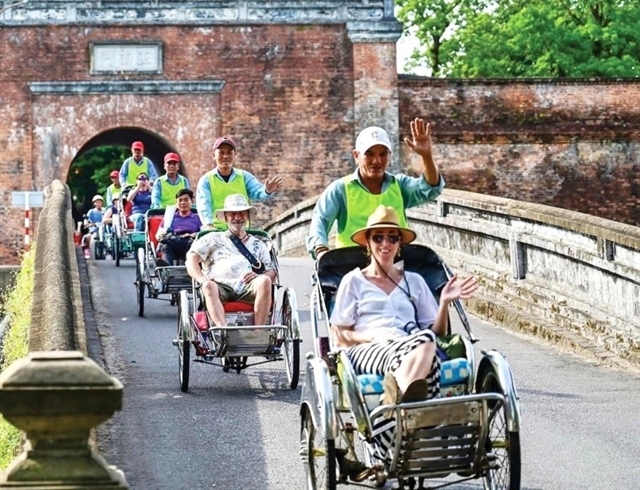 Society
Society


|
| The World Bank's Board of Executive Directors on Thursday approved a US$80-million loan to help Việt Nam improve the quality of basic health services and access to care, especially in disadvantaged areas. — VNA/VNS Photo |
The Investing and Innovating for Grassroots Health Service Delivery Project is designed to enable commune health stations (CHS) to start detecting and managing non-communicable diseases while strengthening their existing role in controlling infectious diseases and providing essential maternal, newborn and child health care services.
It is expected to benefit around 9.2 million people in 13 provinces: Hà Giang, Bắc Kạn, Yên Bái, Sơn La, and Hòa Bình (in the north); Quảng Bình, Quảng Trị, Quảng Ngãi, and Ninh Thuận (in the central region); and Long An, Trà Vinh, Hậu Giang, and Bạc Liêu (in the south).
Ousmane Dione, World Bank Country Director for Việt Nam, said: “While health outcomes and access to basic health services have improved tremendously for the general population, disadvantaged groups, especially ethnic minorities and those living in poor, remote and mountainous provinces, still lag behind.”
The project is designed to target these groups by closing remaining gaps in access to basic healthcare while expanding new services to address emerging demographic and epidemiological challenges.
In addition to the $80-million loan provided through the International Development Association, the financing package also includes grants totalling $25 million. These comprise $17 million from the Global Financing Facility for Women, Children and Adolescents to soften the interest rate of the loan, $5 million from the Integrating Donor-Financed Health Programs Multi-Donor Trust Fund and $3 million from the Tackling Non-Communicable Diseases Challenges in Low and Middle-Income Countries Multi-Donor Trust Fund. In-kind contributions from Gavi, the Vaccine Alliance will also be provided. — VNS




